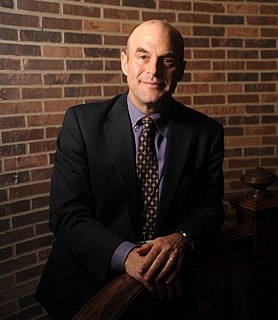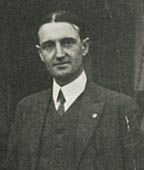A Quote by Friedrich Nietzsche
All philosophy is a form of confession.
Quote Topics
Related Quotes
Philosophy - reduced, as we have seen, to philosophical discourse - develops from this point on in a different atmosphere and environment from that of ancient philosophy. In modern university philosophy, philosophy is obviously no longer a way of life, or a form of life - unless it be the form of life of a professor of philosophy.
Confession frees, but power reduces one to silence; truth does not belong to the order of power, but shares an origincal affinity with freedom: traditional themes in philosophy, which a political history of truth would have to overturn by showing that truth is not by nature free--nor error servile--but that its production is thoroughly imbued with relations of power. The confession is an example of this.
Some of my understanding of what philosophy and ethics is has changed very slowly. One thing that has changed is this for quite a long time I bought-into the idea that philosophy is basically about arguments. I'm increasingly of the view that it isn't. The most interesting things in philosophy aren't arguments. The thing that I think is underestimated is what I call a form of attending. I think that philosophy is at least as much about carefully attending to things as it is about the structure of arguments.
I would say to anybody who thinks that all the problems in philosophy can be translated into empirically verifiable answers - whether it be a Lawrence Krauss thinking that physics is rendering philosophy obsolete or a Sam Harris thinking that neuroscience is rendering moral philosophy obsolete - that it takes an awful lot of philosophy - philosophy of science in the first case, moral philosophy in the second - even to demonstrate the relevance of these empirical sciences.









































